Referring to purported differences in understanding of US trade agreements and their clauses with Vietnam and Japan, think tank Global Trade Research Initiative (GTRI) suggested that India tread carefully as it negotiates its trade agreement with the US.
GTRI, in a report released on Sunday, called for India to take a cue from the experiences of countries like Vietnam and Japan and insisted that India should ask for a jointly issued, written statement before acknowledging any agreement.
There appears to be a contradiction in the understanding of the recently agreed-upon trade deals between the US and Vietnam, as well as the US and Japan.
Citing a Japanese government document released on July 25, GTRI asserted that it revealed significant discrepancies between Japan's understanding of a new trade deal with the US and how President Donald Trump had portrayed it.
"To avoid similar misrepresentation, India must insist on a jointly issued, written statement before acknowledging any agreement," GTRI suggested.
Trump claimed on July 22 that the agreement secures massive Japanese investments, strong tariff protections, and guaranteed access for U.S. farm exports, including rice. However, Japan's official summary, published by its Cabinet Secretariat, describes a far more limited framework--still under negotiation and lacking binding commitments, according to GTRI analysis.
Trump stated that Japan would invest USD 550 billion in the U.S., with 90 per cent of the profits remaining in America. But Japan's version tells a different story. It says the USD 550 billion includes a mix of equity, loans, and guarantees from state-backed institutions, not a lump-sum investment.
Trump announced that Japan would significantly open its markets to US agricultural exports, including rice.
However, according to a Japanese government document cited by GTRI, this limitation is restricted to procurement under its existing Minimum Access (MA) scheme, and only applies "depending on domestic demand and supply conditions."
In effect, Japan reserves the right not to import US rice if there is no market need.
Another area of divergence is found in automotive exports, as noted by GTRI.
Trump claimed Japan would remove additional safety testing for US-made vehicles.
Japan's document, according to GTRI, confirms that it will allow imports of American cars without additional testing, provided they meet Japanese road safety standards.
"In other words, this is not a blanket exemption; US manufacturers must still comply with Japanese technical norms," GTRI inferred.

 2 hours ago
1
2 hours ago
1


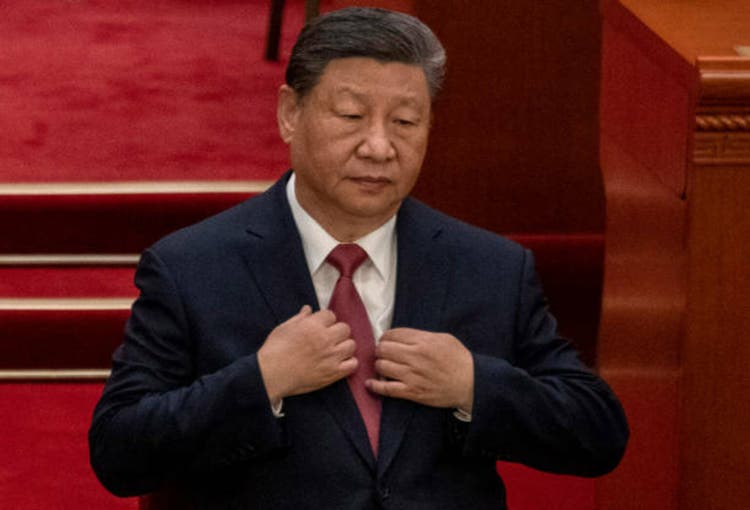






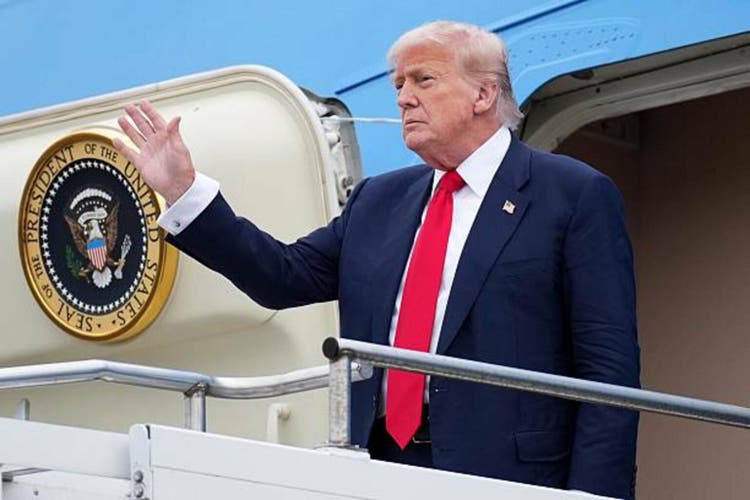
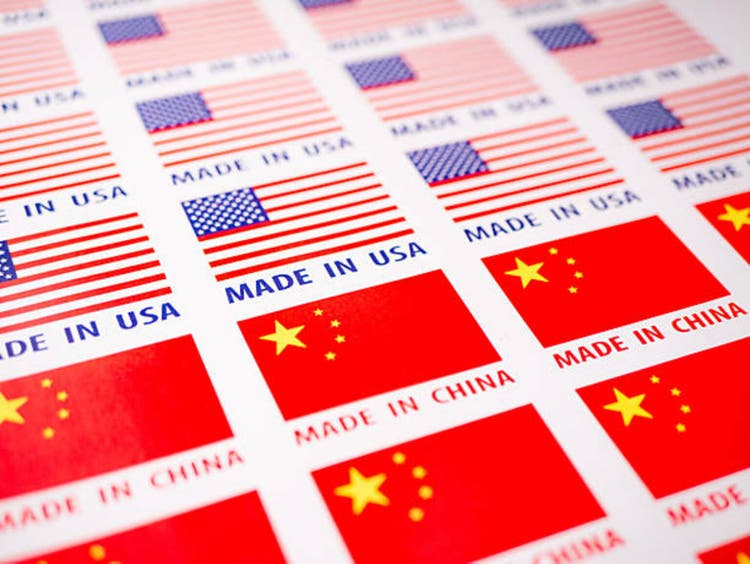


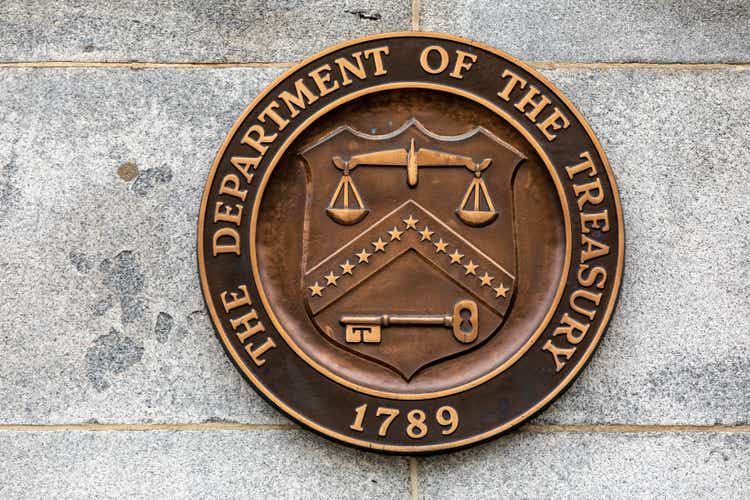



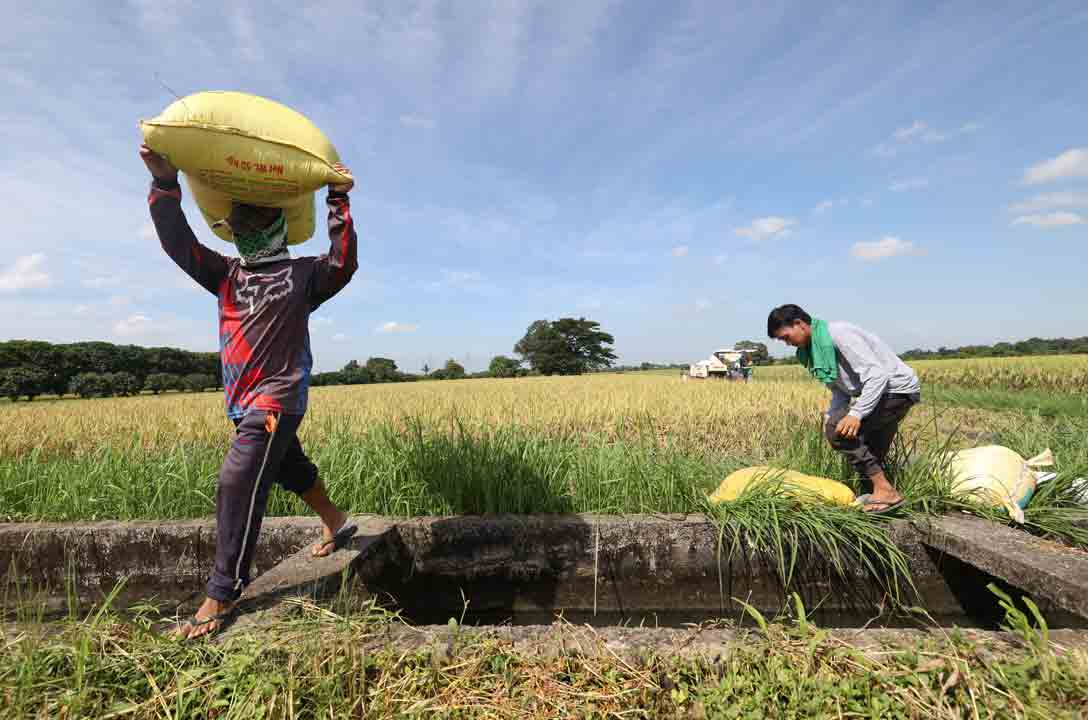
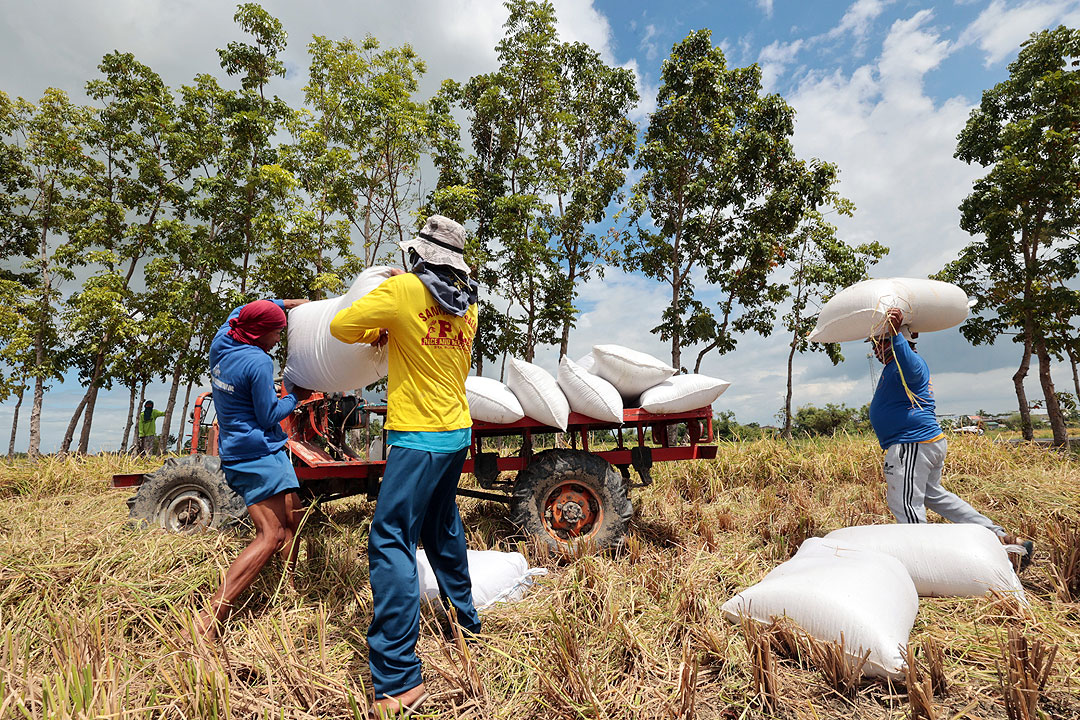


 English (US) ·
English (US) ·